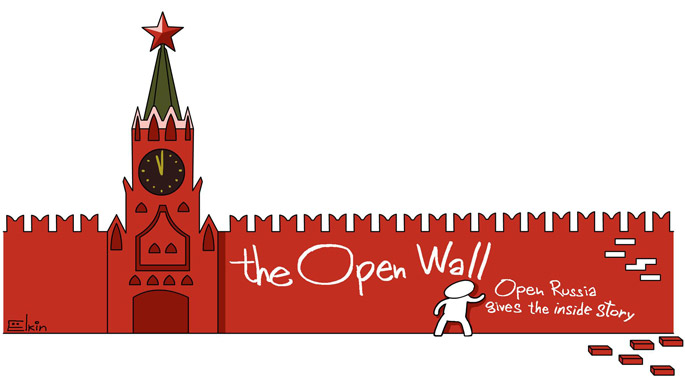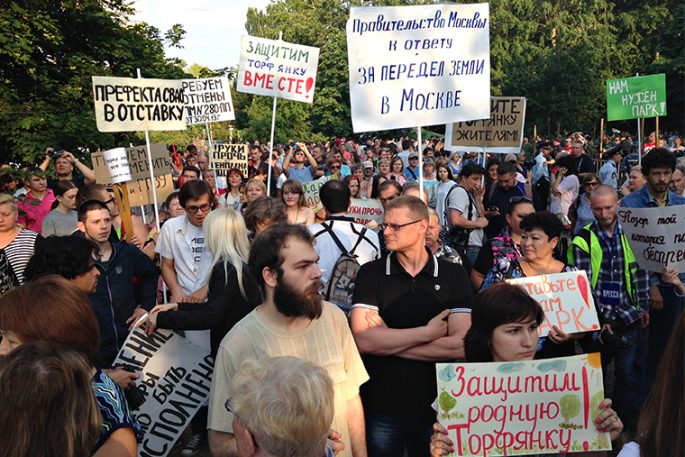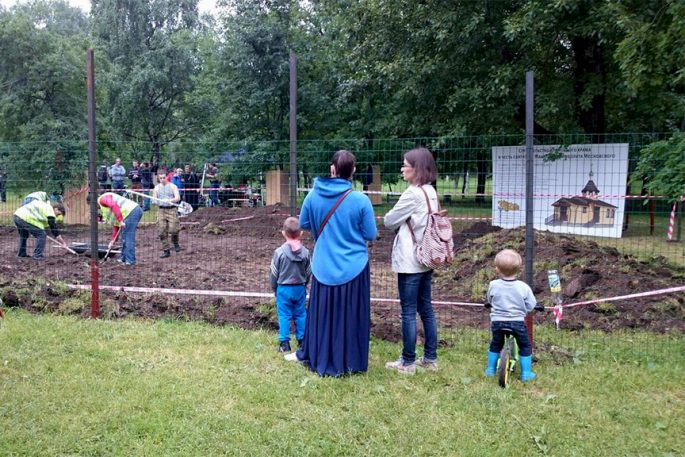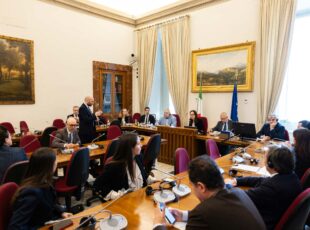Repression in the name of God

Repression in the name of God
In the early morning of 14 November 2016, a residential area in the north-east of Moscow was raided by commandos.

Without warning, the communal metal doors were sliced through with a cutter, and the apartment doors kicked in. Lawyers were not permitted to enter the apartments.
17-year-old Daria Fedorova remembers every minute: “At 6.20am they started buzzing the doorbell. Mum, dad, gran and me jumped out of bed, and about ten seconds later they started battering the door. There was no light because they’d cut the electricity. We looked through the peephole, but it was dark. They turned on the saws and started cutting through the door.They were shouting ‘Police!’ We didn’t even have time to open it. Fifteen armed people in helmets and body armour came rushing in, waving a piece of paper in our faces, saying it was a search. They put dad in the kitchen, we weren’t allowed to move.”
Daria’s mother Natalia Fedorova, a member of the Torfyanka activist group, was not only frightened by the raid, but puzzled: “The first question was about credit cards, money transfer records and foreign bank accounts. We said we didn’t have anything of the sort. No, they said, you must have.” A short while later the police shifted the focus of the search to “arms, drugs and extremist literature.” Failing to find anything of interest, they eventually seized phones, tablets, laptops and flash drives. The family themselves, including the non-adult daughter and disabled grandmother, were bundled into a truck and taken to the local branch of the Investigative Committee.
The exact same scene was played out at the other apartments: a painstaking search ended with all family members being dispatched to the Investigative Committee. Once again, non-adult children were treated the same as their parents. One of the activists was badly hurt on the forehead, and the security officers wrapped his head in a scarf to stem the bleeding. However, even this episode was twisted by NTV, whose cameraman followed the police into the apartments: “This man Yevgeny Kuznetsov took part in the attacks on the church, so of course he’s hiding his identity.” The NTV reporter described the defenders of the park as “neo-pagans,” and Daria Fedorova now knows what lengths “official” TV will go to for the sake of a sound bite: “They filmed everything in our flat, except for all the icons. We are church-goers, and many people trying to protect the park are Orthodox Christians.”
Around 15 people were detained that day – all of them as “witnesses” to a “criminal violation of believers’ feelings.” In today’s Russia, the line between witness and accused is very thin.

The area of land claimed by the Russian Orthodox Church (ROC) can no longer be used to build a church, because locals have secured an order from the prosecutor’s office and the municipal authorities. The ROC has been allocated two other plots nearby, but residents fear that, in spite of everything, work on the unauthorised shrine could begin at any moment, which is why they patrol the park day and night.
They are opposed by Orthodox activists from the Forty Forties [an old Moscow epithet reflecting the number of churches in the city by the early 20th century] movement, who in turn continue to guard the fence around a memorial cross installed in the park. Prayers are held every Sunday inside the fenced area, sparking protests that became the pretext for the criminal prosecution against the activist residents.
Locals believe that the Forty Forties movement, whose ranks include football fans, enjoys the unofficial patronage of the patriarch. “I had my finger broken by a Forty Forties organiser. It was in a cast for a month. Then I go online and see he’s standing right next to the patriarch. My heart bleeds. I’m a believer, I’m Orthodox!” says Natalia Fedorova.
Andrei Kormukhin, one of the Forty Forties leaders, denounces the Torfyanka movement with equal fervour. He has no doubt, for instance, that his opponents were planning a “mini-Maidan:” “These activists are the bane of Orthodoxy – it’s the LGBT community, it’s the radical opposition headed by Parnas and Yabloko who scorn everything to do with the [Kremlin] and the ROC, and support the Maidan uprisings […] They started out by lying to people, saying it was just a protest.”
His words were echoed by Patriarch Kirill, who said that the protection of parks and green spaces often serves as a cover for political action: “Some exploit such conflicts as part of the political struggle. For example, two parties are known to have joined the protests for this purpose. I don’t think it helped them in the elections. They had high hopes, but they failed to materialise. In addition, there are opponents of the Orthodox Church, mainly representatives of sects and pagan communities.”
The Torfyanka activists show that civil society has not been entirely extinguished in Russia. But in such a situation, how does one fight back? Through the courts as the Torfyanka activists have done? By protesting? By extra-legal means? Every one of these methods has repercussions, but not doing anything will only lead to worse, as Russian oppositionist in exile Yevgeny Chirikov says: “If society does not protect the Torfyanka activists, dawn raids on the homes of non-compliant families, including grandparents and kids, will become the new norm. The price of protest will rise whatever the subject. The Kremlin has society by the throat. If we bite, it will back off; it we don’t, it will choke us.”



